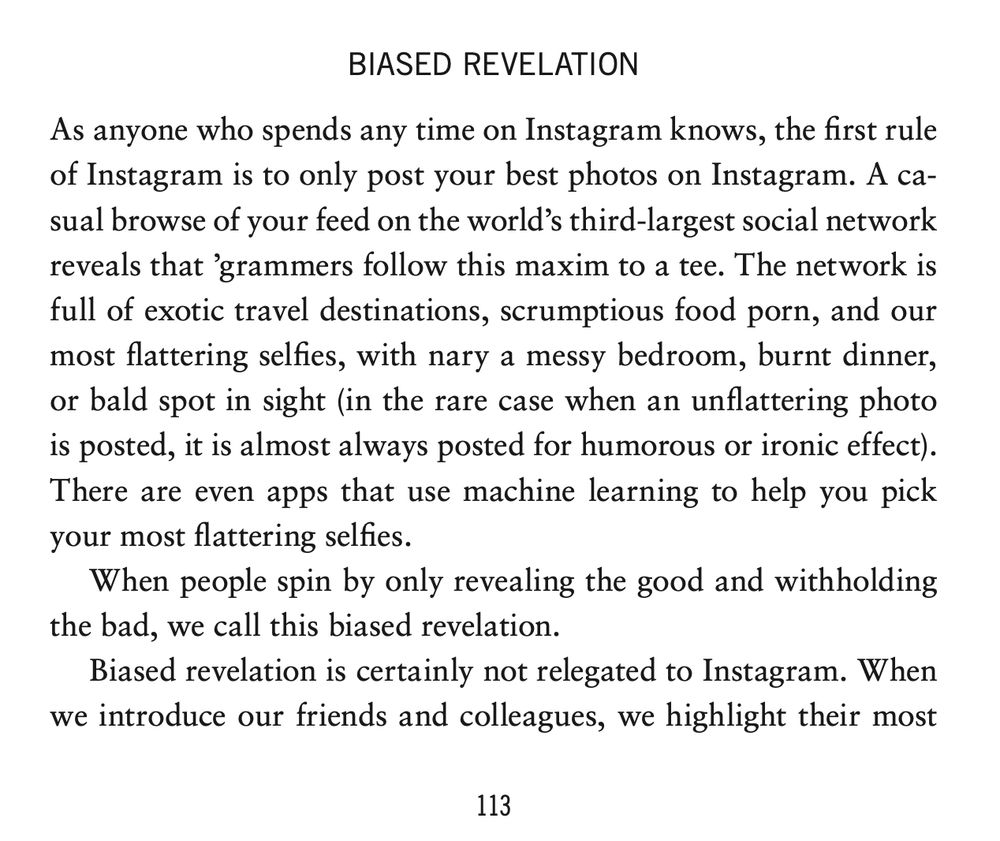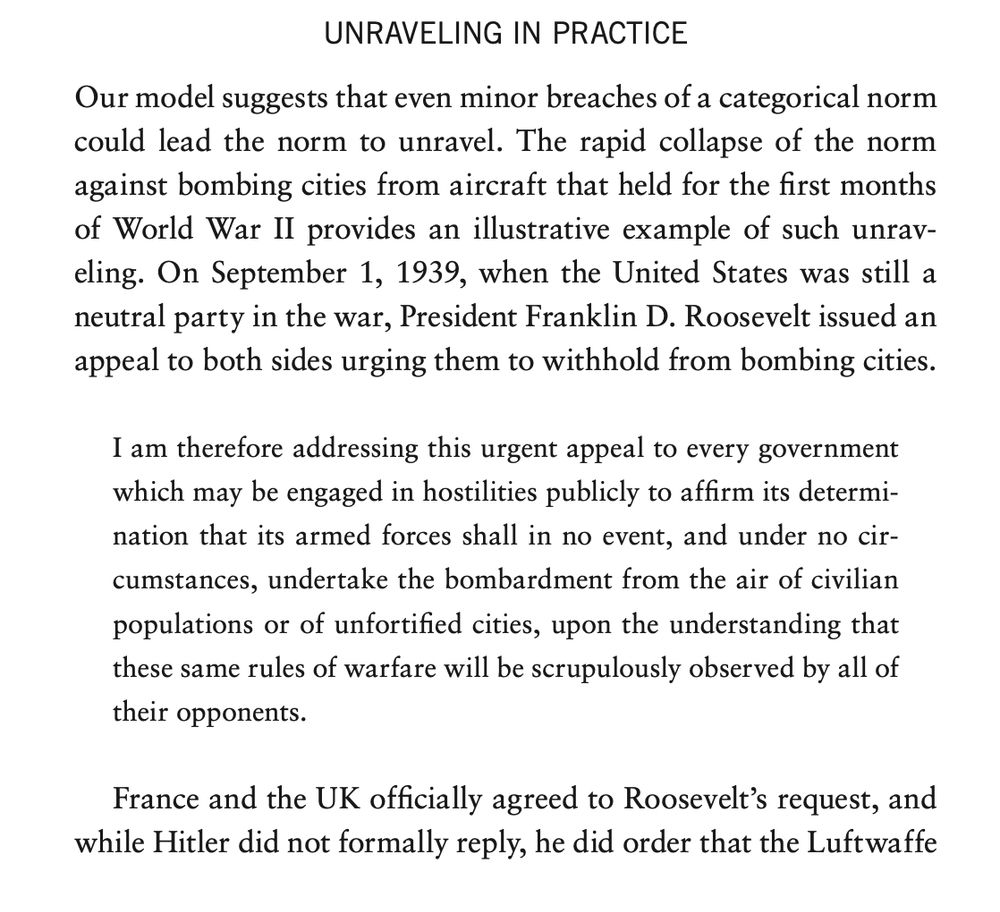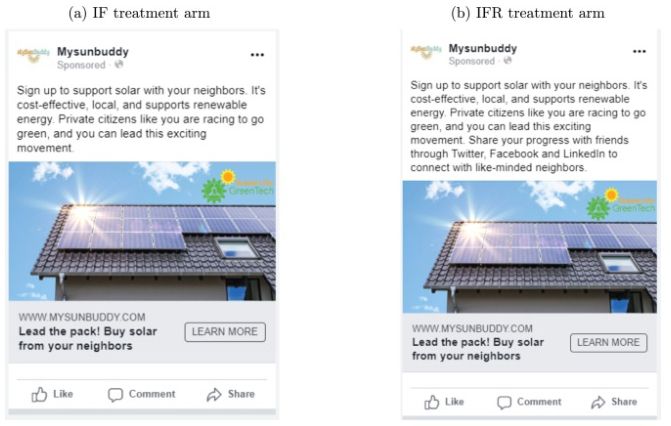Director, Applied Cooperation Initiative
Co-author, Hidden Games
Research focus: How to motivate people to do good




www.researchsquare.com/article/rs-2...


www.researchsquare.com/article/rs-2...


They don't need to increase quality. Just jacking up the price is enough.

They don't need to increase quality. Just jacking up the price is enough.
What if folks get richer? For most producers, that would be great news, since they could just sell their product to more people.
But when it comes to luxury goods, the logic is different, and uglier. If everyone can afford an LV handbag, then no one would want one.

What if folks get richer? For most producers, that would be great news, since they could just sell their product to more people.
But when it comes to luxury goods, the logic is different, and uglier. If everyone can afford an LV handbag, then no one would want one.
Namely, if senders who can afford to send the signal are the more desirable ones.


Namely, if senders who can afford to send the signal are the more desirable ones.
- Senders wish to be accepted by receivers (as e.g., friends, coworkers, romantic partners)
- Some senders are more desirable than others, but it's hard to tell them apart
- Senders can send a signal at some cost
Here's the model; from our book Hidden Games.

- Senders wish to be accepted by receivers (as e.g., friends, coworkers, romantic partners)
- Some senders are more desirable than others, but it's hard to tell them apart
- Senders can send a signal at some cost
Here's the model; from our book Hidden Games.
cdn.statcdn.com/Infographic/...




cdn.statcdn.com/Infographic/...
arxiv.org/pdf/2012.016...

arxiv.org/pdf/2012.016...

Our solution: tell them they can "share their progress" (control on the left, observability treatment on the right)

Our solution: tell them they can "share their progress" (control on the left, observability treatment on the right)
Our task: help our partner use social media ads to enroll people for a peer-to-peer solar program, in which people who can't install solar themselves buy the extra production from a neighbor.

Our task: help our partner use social media ads to enroll people for a peer-to-peer solar program, in which people who can't install solar themselves buy the extra production from a neighbor.
doi.org/10.1016/j.je...

doi.org/10.1016/j.je...




